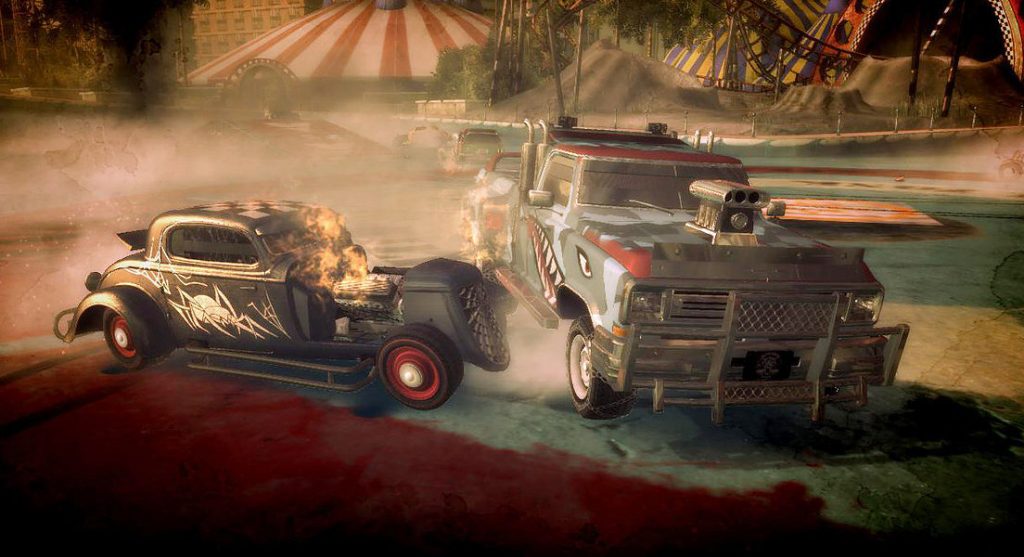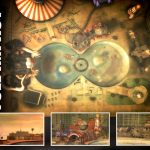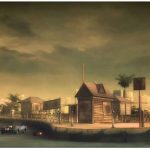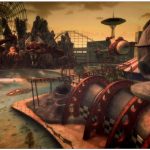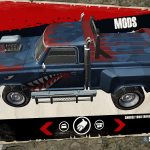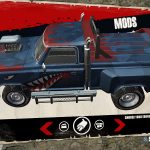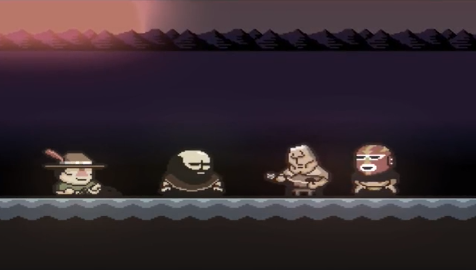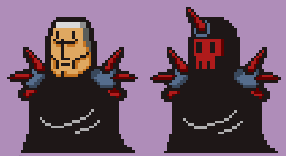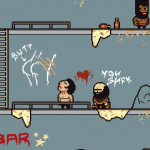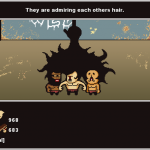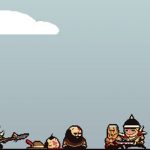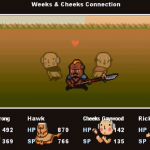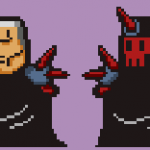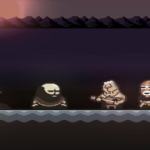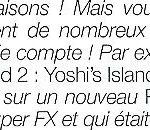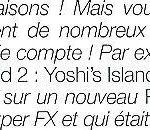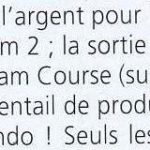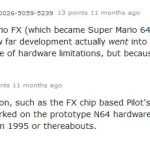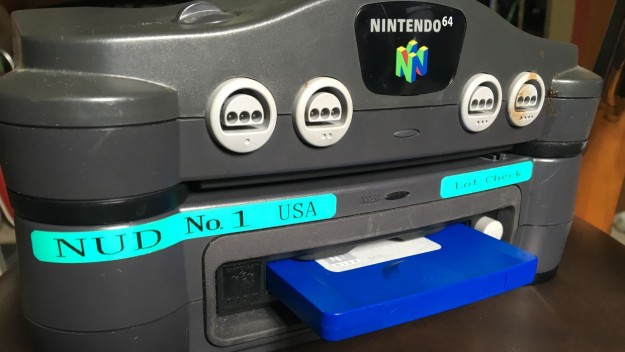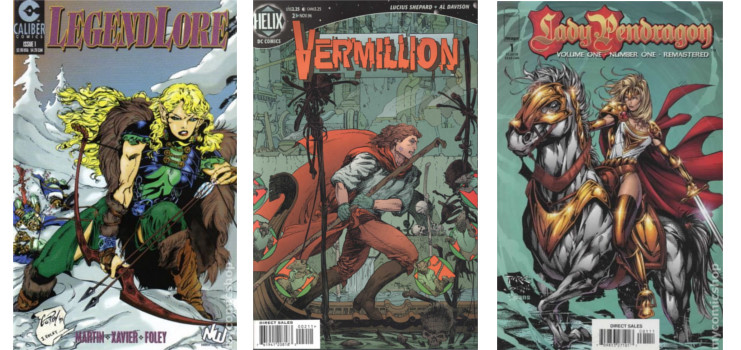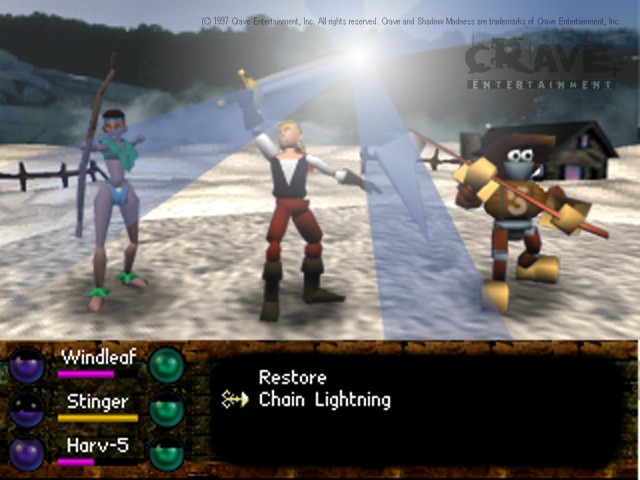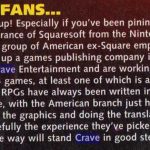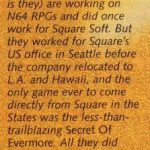Enders Project (also know as Zone of the Enders 3) is a cancelled game which seems to have been planned for Playstation 3 and Xbox 360 (and possibly also for PS4 & Xbox One) by Hideo Kojima and Konami. The game would have been the third chapter in the popular Zone of the Enders game series, but it was scrapped at a very early stage in development.
Zone of Enders, the series
The first Zone of the Enders is a third-person shooter / hack and slash type of video game set in 2172 where the player assumes controls of a mecha (known as Orbital Frame) called Jehuty. His mission is to free Jupiter’s colony Antilia from the military force BAHRAM. Its sequel, Zone of the Enders: The Second Runner (know in Japan as Anubis: Zone of the Ender), followed the same style but improved on many aspects, introducing more enemies, abilities and a more immersive environment. ZOE 3: Enders Project was conceived as a direct sequel to Second Runner, without taking place on futuristic colonies but rather in an “ancient civilization”.
“Unofficial announcement” of ZOE 3
The game was ‘announced’ on 25 May 2012 during a Zone of the Enders HD Collection preview event held at the Shinjuku Wald 9 theatre in Tokyo, with many Kojima Productions’s employees and ZOE developers, including Hideo Kojima himself, Yoji Shinkawa (mecha designer and illustrator for the series), Noriaki Okamura, Shuyou Murata, and Nobuyoshi Nishimura. As 4gamer reported, it was not an official announcement, rather a presentation of details about a future project for ZOE, experimenting with different concepts and models.
Quote from andriasang.com:
As detailed at Famitsu.com, Kojima indicated that the game is currently in an early prototyping phase. Producer Ryosuke Toriyama and other key staff are currently conducting tests on what can be done using the internally developed Fox Engine, explained Kojima. Toriyama took the stage and revealed that he and his staff are at the state where they’re making models (real models) and converting them into Fox Engine assets.

